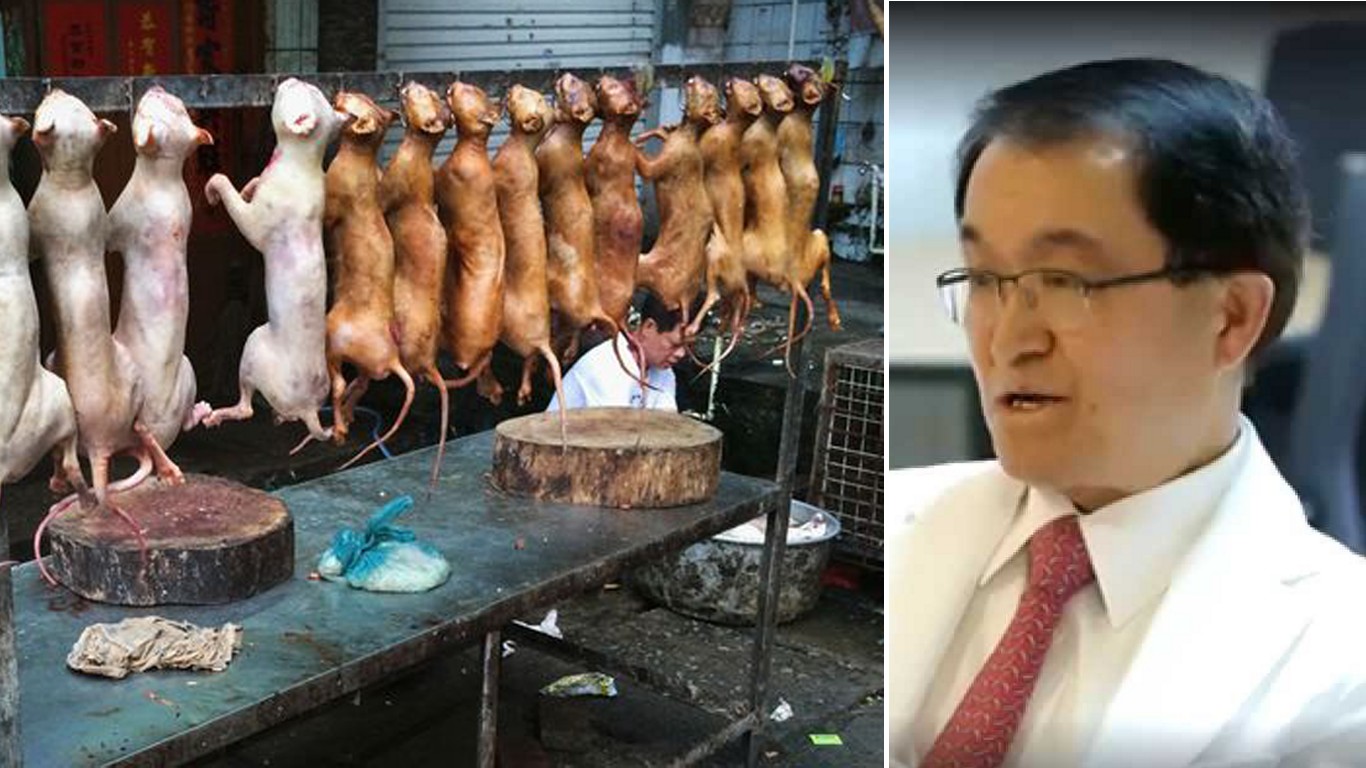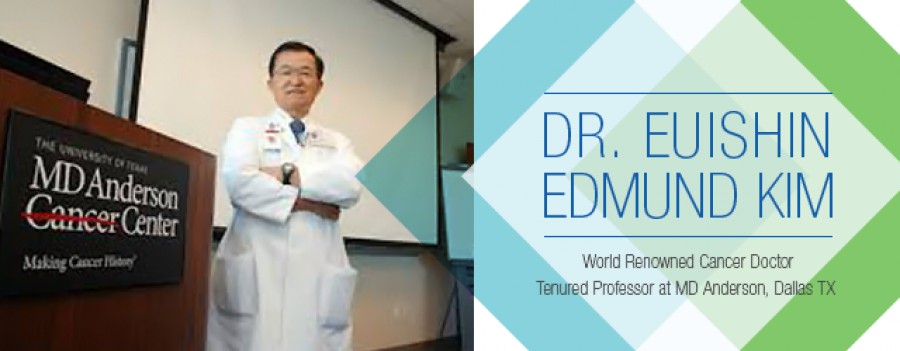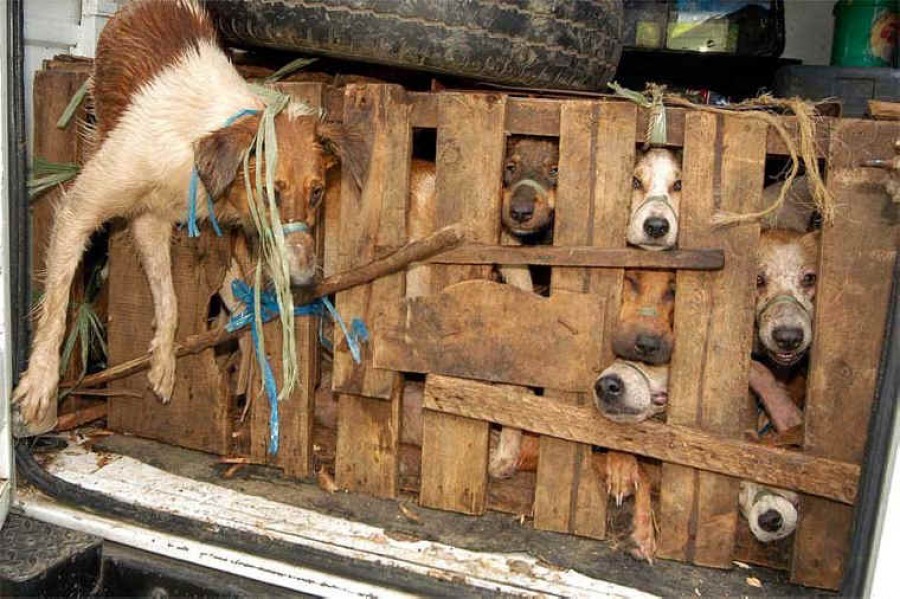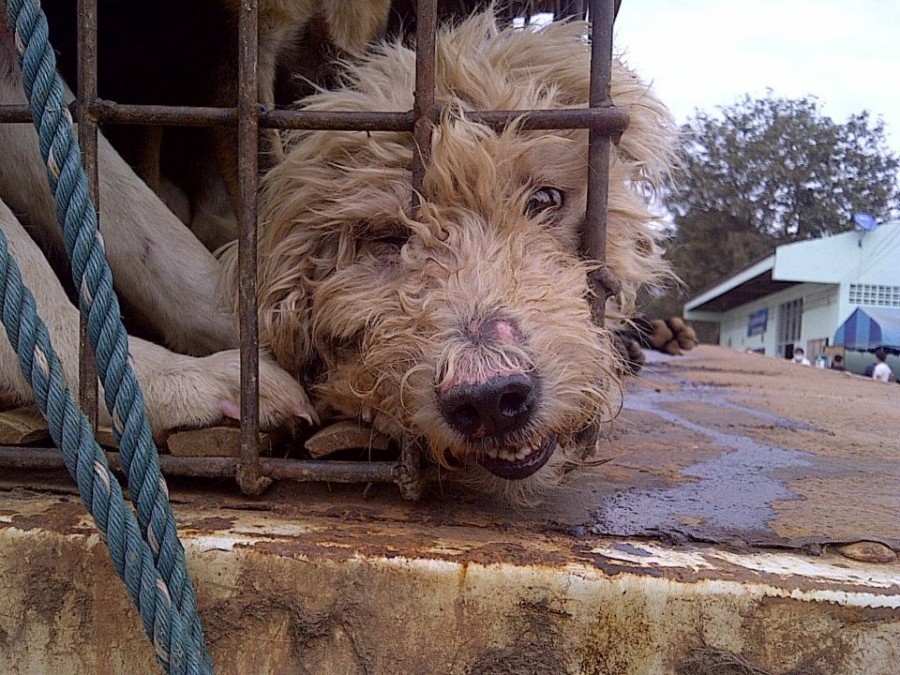

8.045 NEEDED

The doctor in question is Euishin Edmun Kim of the University of
Texas MD Anderson Cancer Center. Of South Korean origins, the doctor moved to
the United States and pursued an excellent career in medicine. He is now
regarded as one of the top doctors in Texas.
However, one of his declarations is not only outrageous, but
completely out of line and unprofessional. In an interview with the JoongAng
Illbo newspaper published on June 23rd 2012, Dr. Kim recommends dog
meat as a suitable aid in the treatment of cancer.


This conclusion was drawn after the observation of just two cancer
patients in South Korea – one of whom had eaten an impressive amount of dog
meat during his treatment and had been performing much better than the other
patient included in the test. This conclusion is therefore biased and has
absolutely no scientific proof (it could have been sheer coincidence, for
instance). No real connection has been proved thus far between the two
elements. However, dr Kim has yet to retract his statement and his position
remains unchanged: eating dog meat is good for curing cancer.
Viewers must understand the dangerous nature of such statements.
Each year, millions of dogs are eaten in South Korea. Before they end up on
someone’s lunch or dinner plates, these defenceless creatures suffer horribly –
they are hit, burned, or have to face a series of electric shocks, just to name
a few common practices used in the dog meat industry. Not to mention the fact
that most dogs are raised in dog meat farms, where they spent their entire life
living in tiny, dirty cages, confined there 24/7. Thousands of cats are also
eaten for soups and ‘healthy’ tonics.
South Koreans consume dog and cat meat because due to the popular
belief that they good for the health. However, absolutely no scientific studies
have shown this and Dr. Kim is only doing more damage by making such
preposterous statements and fueling these misguided beliefs.
While activists around the world are working to ban dog and cat meat
in South Korea, people like Dr. Edmund Kim are publicly spreading lies and hampering
such precious efforts.
We, the undersigned, are extremely disappointed by the lack of
professionalism illustrated by Dr. Kim and urge him to immediately retract his
statement that dog meat does indeed serve as a good method for cancer treatment
and cancer preventative, unless there is substantial scientifical evidence to
support such claims. Lauching such preposterous theories based solely on the
observation of two patients is way below any acceptable standards of conduct in
modern medicine.



